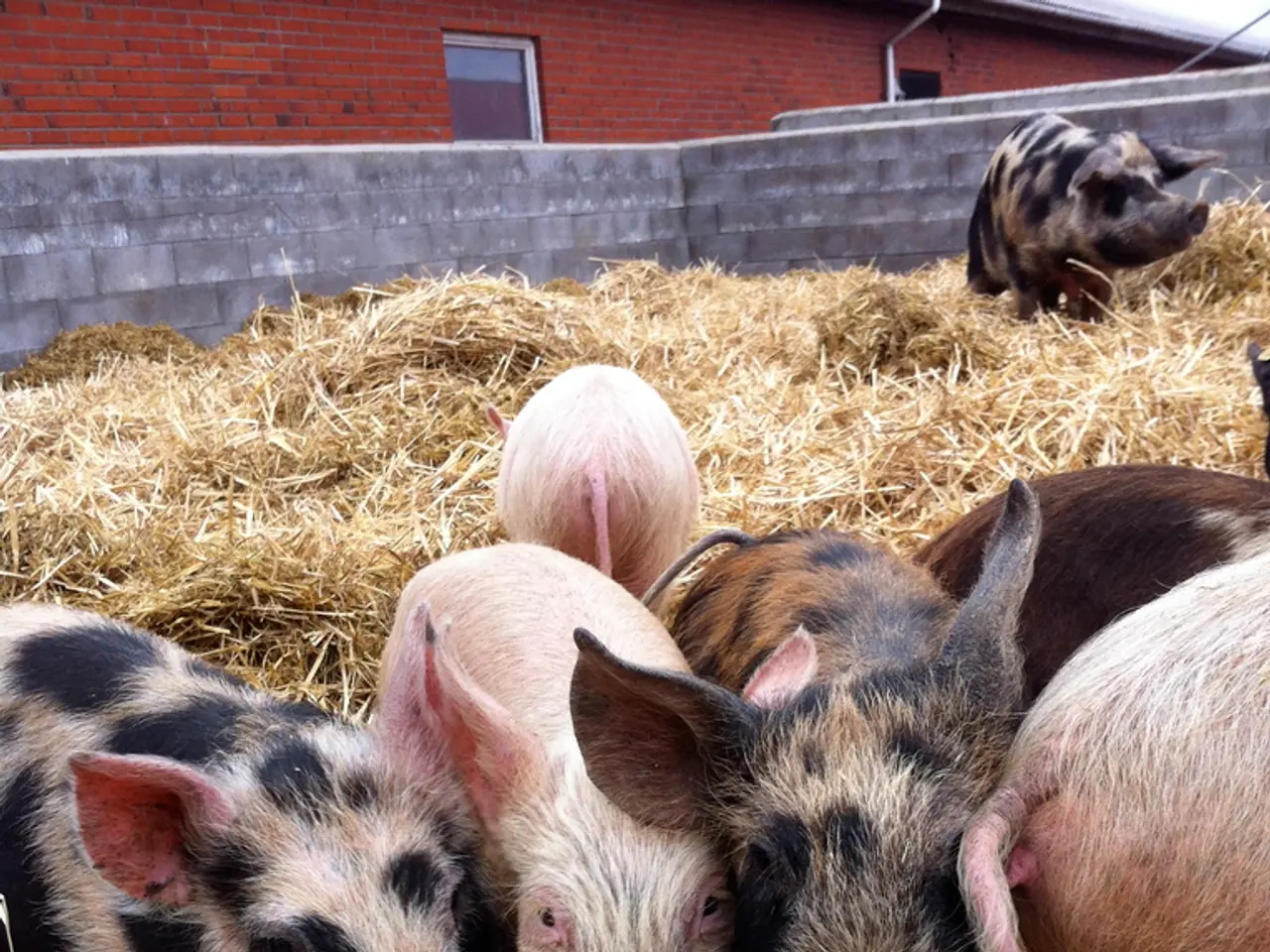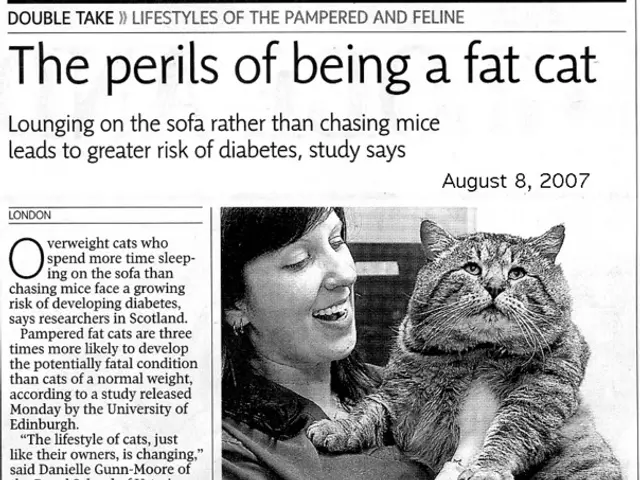Georgia Supreme Court Allows McIntosh Residents to Vote on Hogg Hummock Zoning Change
The Georgia Supreme Court has issued a ruling that allows McIntosh County residents to vote on a revised zoning ordinance affecting the historically significant Hogg Hummock community. The decision reverses a lower court ruling and focuses on referendum procedures.
Hogg Hummock, a Gullah-Geechee community founded by emancipated slaves, was listed on the National Register of Historic Places in 1996. Residents, represented by attorney Dana Braun, expressed satisfaction with the ruling, as it gives them a say in the zoning change that could potentially lead to unaffordable tax increases.
The high court, in a decision written by Justice John Ellington, found that the lower court was incorrect in concluding that the zoning ordinance was not subject to referendum procedures outlined in the Georgia Constitution's Home Rule Provision. This means that the referendum on repealing the revised zoning ordinance can now proceed.
McIntosh County attorney Ken Jarrard acknowledged the ruling with disappointment but also respect. The Supreme Court's decision did not address whether Hogg Hummock deserves special protections, but rather centered on referendum procedures and the right to sue.
The Georgia Supreme Court's ruling ensures that McIntosh County residents can vote on the revised zoning ordinance affecting Hogg Hummock. The community, one of the few remaining Gullah-Geechee enclaves along the US coast, will now have a say in potential changes that could impact their historic and culturally significant neighborhood.
Read also:
- United States tariffs pose a threat to India, necessitating the recruitment of adept negotiators or strategists, similar to those who had influenced Trump's decisions.
- Weekly happenings in the German Federal Parliament (Bundestag)
- Southwest region's most popular posts, accompanied by an inquiry:
- Discussion between Putin and Trump in Alaska could potentially overshadow Ukraine's concerns







